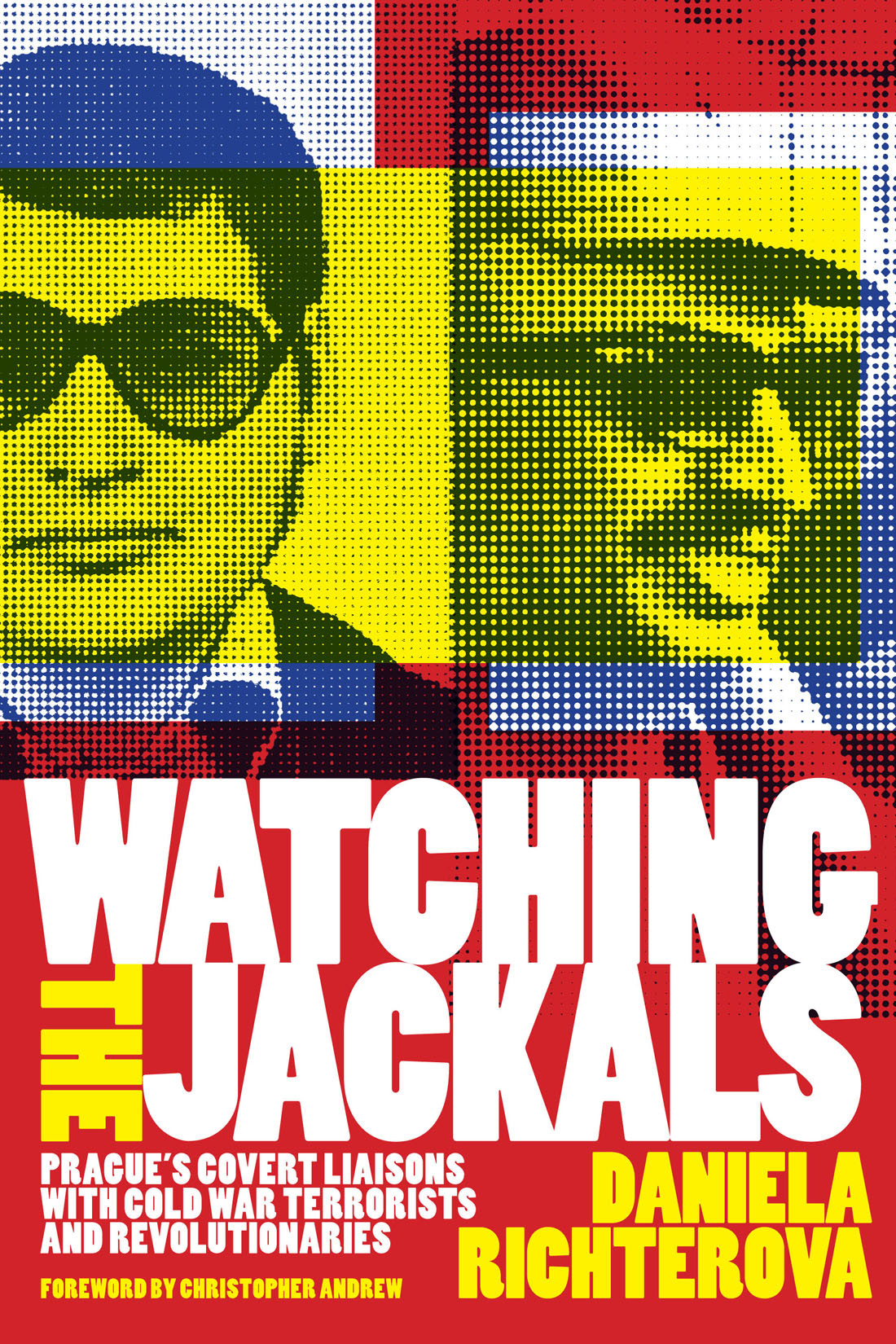

Most ebook files are in PDF format, so you can easily read them using various software such as Foxit Reader or directly on the Google Chrome browser.
Some ebook files are released by publishers in other formats such as .awz, .mobi, .epub, .fb2, etc. You may need to install specific software to read these formats on mobile/PC, such as Calibre.
Please read the tutorial at this link: https://ebookbell.com/faq
We offer FREE conversion to the popular formats you request; however, this may take some time. Therefore, right after payment, please email us, and we will try to provide the service as quickly as possible.
For some exceptional file formats or broken links (if any), please refrain from opening any disputes. Instead, email us first, and we will try to assist within a maximum of 6 hours.
EbookBell Team

4.4
72 reviewsIn the 1970s and 1980s, Prague became a favorite destination for the world's most prominent terrorists and revolutionaries. They arrived here to seek refuge, enjoy recreation, or hold secret meetings aimed at securing training, arms, and other forms of support. While some were welcome with open arms, others were closely watched and were eventually ousted.
Watching the Jackals is the untold history of Czechoslovakia's complex relations with Middle Eastern terrorists and revolutionaries during the closing decades of the Cold War. Based on recently declassified intelligence files, Richterova unveils the story of Prague's engagement with various factions of the Palestine Liberation Organization, along with some of the era's most infamous terrorists, including Carlos the Jackal, the Munich Olympics massacre commander Abu Daoud, and the Abu Nidal Organization. In this gripping account, Richterova explains why "Cold War Jackals" gravitated toward Prague and how the country's leaders reacted to their visits, and she uncovers the role Czechoslovakia's security and intelligence apparatus – the StB (Státní bezpečnost) played in these, at times, dangerous liaisons.
Drawing on interviews and remarkably detailed records from the former Czechoslovakia (now the Czech Republic and the Slovak Republic), Richterova offers readers interested in the intelligence world a fascinating account of how states use their spies to pursue covert policies with violent nonstate actors. The book also introduces new evidence and nuances into old debates about whether the Communist Bloc supported terrorism.